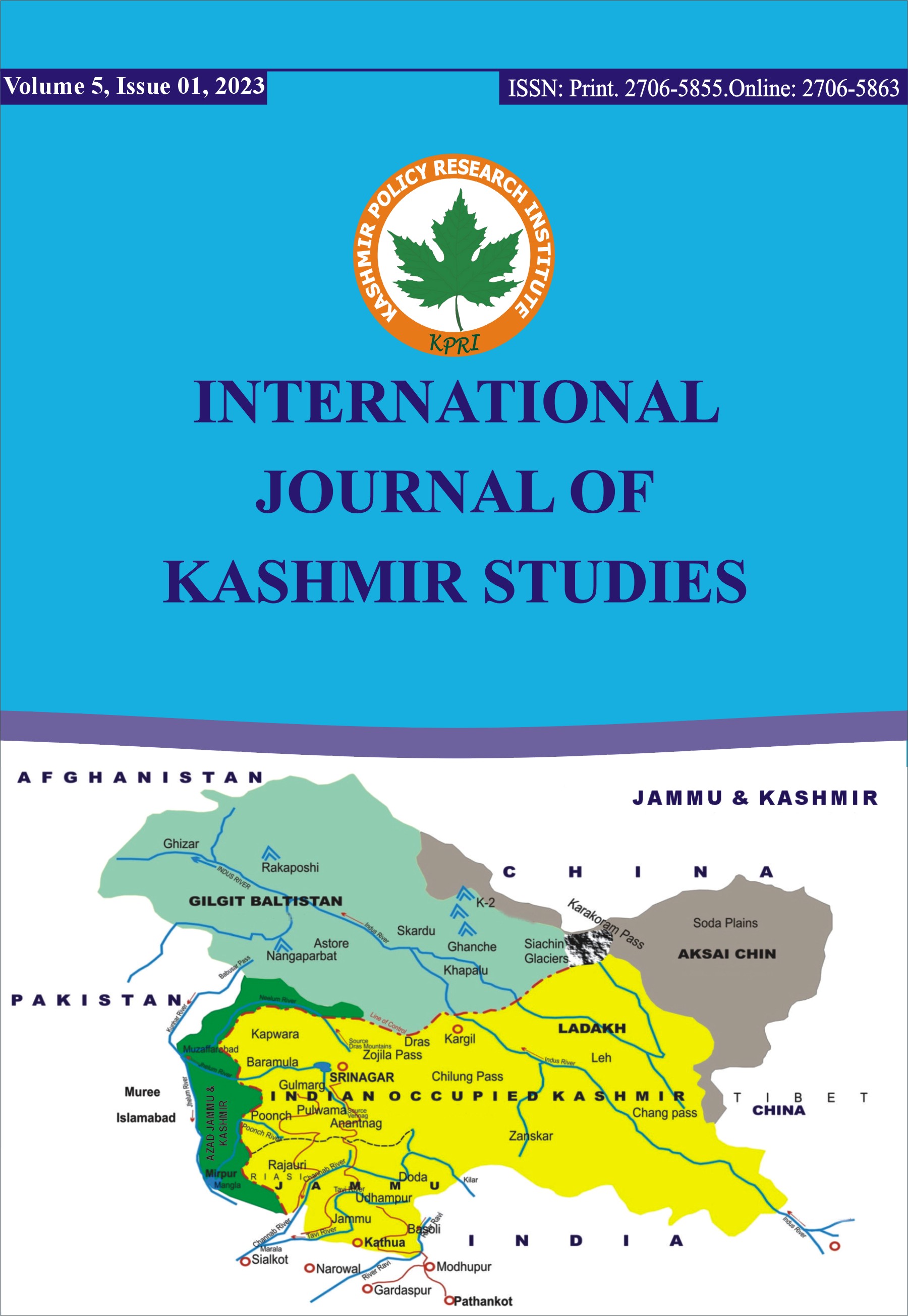Impact of Abusive Supervision on Work Engagement and Job Satisfaction in the Tourism Industry: The Mediating Role of Employee Silence
Abstract
This research study aimed to investigate the impact of abusive supervision on the psychological well-being of employees in tourism-related businesses. Previous research has provided limited understanding of the mediating role of employee silence in the relationship between abusive supervision, workplace engagement, and job satisfaction. Drawing from Social Exchange Theory and Conservation of Resources Theory, this study examined the mediating effect of employees' workplace silence on the predictive relationship between abusive supervision, work engagement, and job satisfaction among employees in the tourism industry in Pakistan. A quantitative research design was employed using a survey method, in which adapted questionnaires were administered to collect data from a total sample of 290 employees from 50 hotels/motels in the Northern Areas of Pakistan. The relationships among the constructs were investigated using Structural Equation Modelling. The findings revealed that abusive supervision has significant negative effects on work satisfaction and work engagement. Moreover, the study found that employee silence plays a significant mediating role in mitigating the adverse impact of abusive supervision on employees' work engagement and job satisfaction. The implications of this study suggest that organizational managers should take proactive measures to prevent abusive supervision and employee silence. Establishing open communication channels within the organization, coupled with promoting justice and fairness in the workplace, can help prevent employee silence by encouraging whistle-blowing and reducing the detrimental effects on job satisfaction and work engagement. This study contributes to the existing literature by highlighting the importance of employee silence in mitigating the negative effects of abusive supervision on employees in tourism destinations.
Downloads


